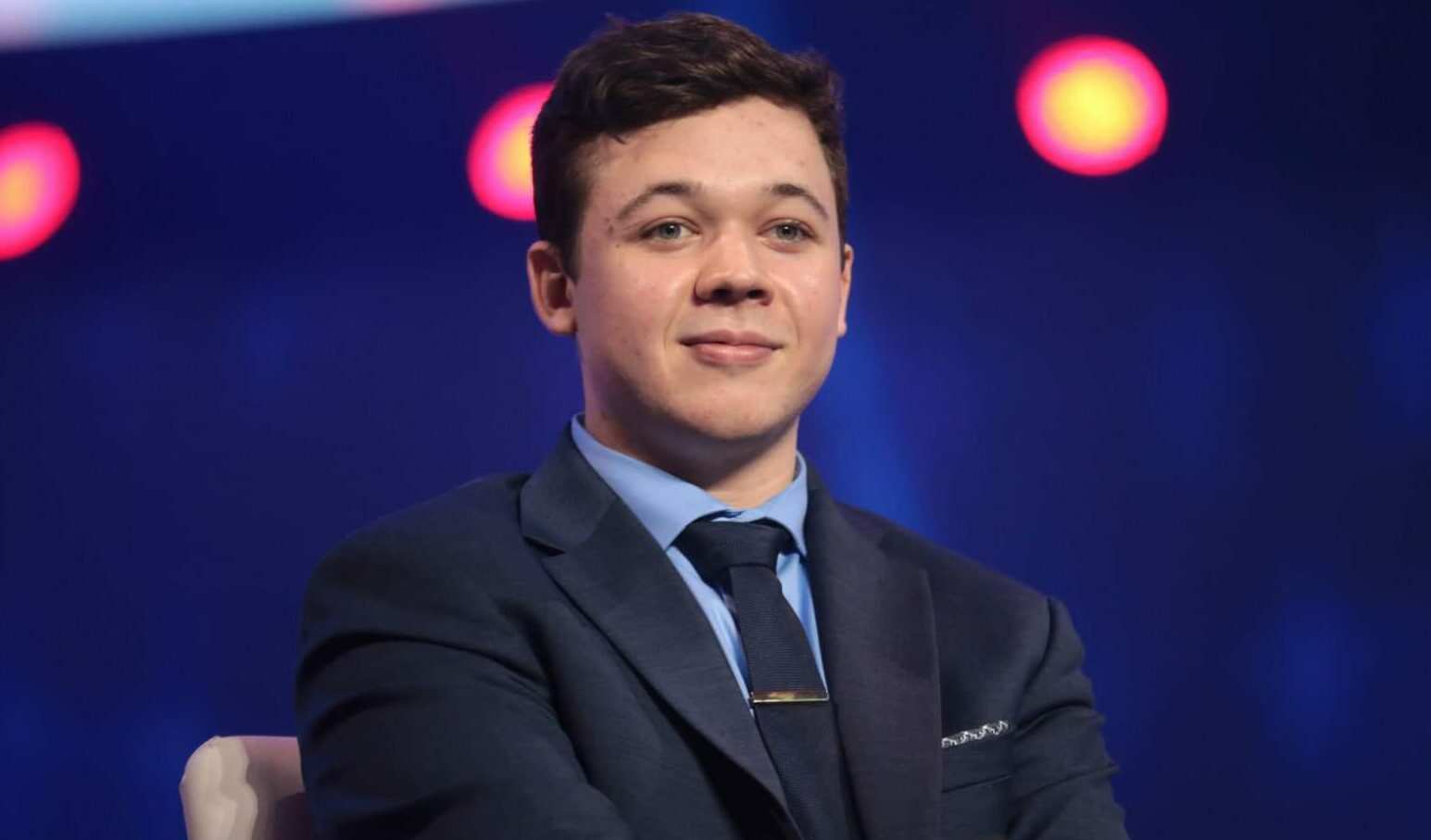
Kyle Rittenhouse announced on Aug. 1, that he won’t be voting for former president and 2024 Republican presidential candidate Donald Trump in the November election.
In a Friday media post, Rittenhouse said he would instead write in Ron Paul, who ran for the Republican presidential nomination in 2008 and 2012 but who is not running this election cycle.
Rittenhouse’s name was thrust into the public zeitgeist after he shot and killed two people and wounded a third during rioting in Kenosha, Wisconsin in August of 2020. Local prosecutors charged Rittenhouse, then 17 years old, with murder, but his legal team argued he acted in self-defense, repeatedly retreating from assailants and only firing at them as they closed in on him.
After a November 2021 trial, a jury found Rittenhouse not guilty on three first-degree homicide counts, and two counts of first-degree reckless endangerment. Local Judge Bruce Schroeder dismissed a sixth charge against Rittenhouse for unlawful possession of a firearm as a minor, on grounds that the wording of the Wisconsin state law in question was vague.
Many gun rights activists have seen Rittenhouse’s acquittal as a vindication of the right to keep and bear arms and the right to self-defense more broadly. Rittenhouse has gone on to engage in gun rights activism since his acquittal, speaking at numerous gun rights advocacy events.
Trump signaled support for Rittenhouse throughout his trial, and Rittenhouse met with and personally thanked the former president for his support throughout the legal process.
Still, Rittenhouse said he had decided to signal support for Paul over Trump this election cycle, as a matter of principle. The announcement garnered some criticism from Trump’s base of support online.
“A lot of people are upset that I said, I’m going to be writing in Ron Paul for President,” Rittenhouse said in a video message on Friday, addressing the criticism.
The 21-year-old explained he could not support Trump over the former president’s record on a key voting issue, gun rights.
“Unfortunately, Donald Trump had bad advisors, making him bad on the Second Amendment, and that is my issue,” Rittenhouse said. “If you cannot be completely uncompromisable on the Second Amendment, I will not vote for you and I will write somebody else.”
In a follow-up, Rittenhouse shared a social media post listing specific criticisms of Trump’s gun rights record.
The post notes Trump supported a policy banning bump stocks as president; a policy the U.S. Supreme Court overturned in June. The post further faulted Trump for supporting the expansion of what it called a “faulty” database for gun purchase background checks, and other expansions to the background check system.
The social media post also faulted Trump for supporting the adoption of extreme-risk protection order laws, sometimes referred to as “Red Flag” laws, which allow courts to order the confiscation of a person’s firearms without a criminal conviction if that court has determined the person poses a risk to themselves or others.
The post goes on to accuse Trump of signaling support for raising the minimum firearms purchase age, banning suppressors, and encouraging the late Sen. Dianne Feinstein (D-CA) to include an assault weapons ban in school safety bills she had brought before Congress.
“We must hold ALL politicians to the same standards,” Rittenhouse wrote.
Rittenhouse’s apparent rift with Trump on gun rights also comes after the Republican National Convention adopted a stripped-down policy platform this election cycle, removing several passages in support of gun rights that had been present on past platforms.
This article was originally published by FreeBase News and is reprinted with permission.
TK
Source: American Military News Rephrased By: Trump Knows